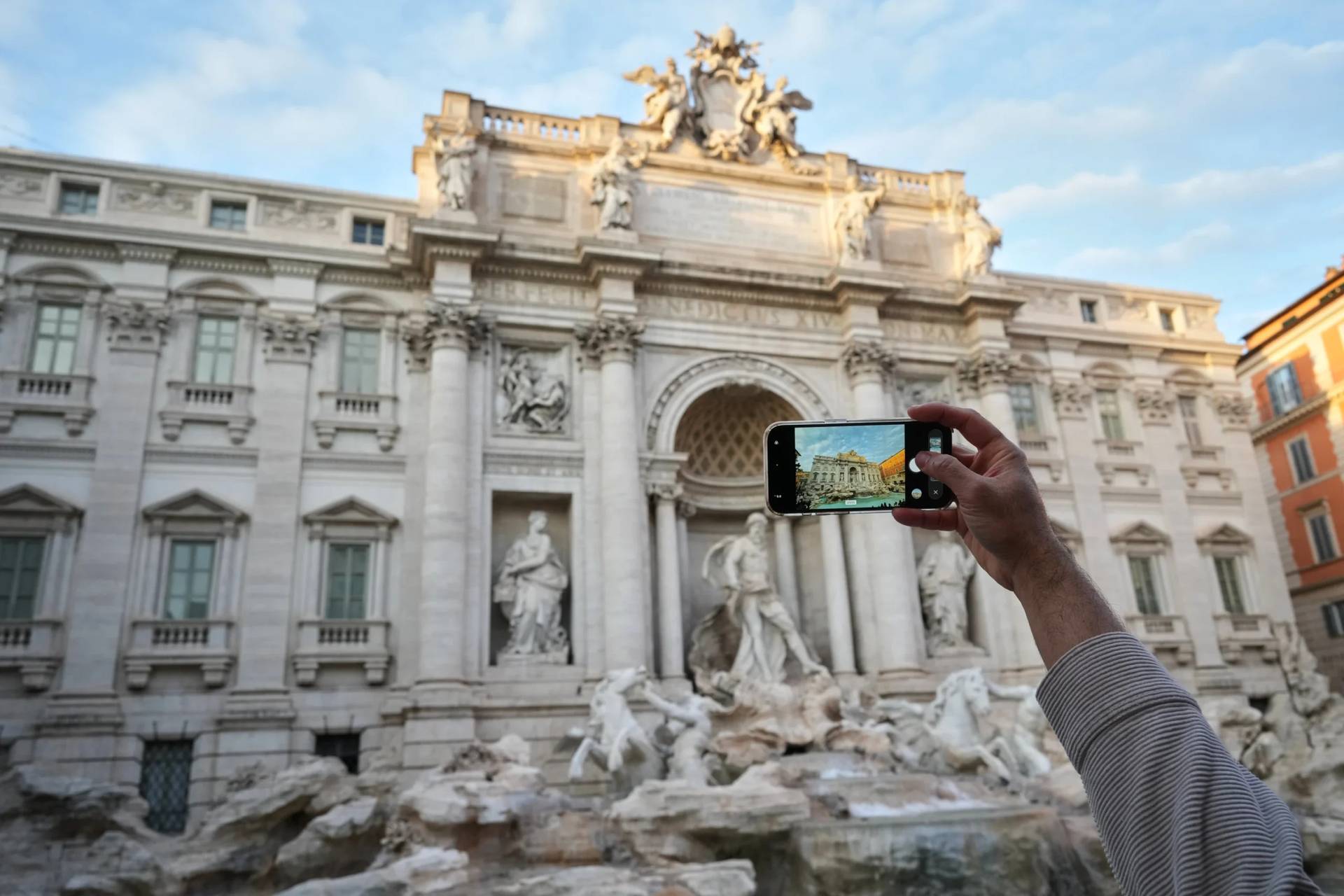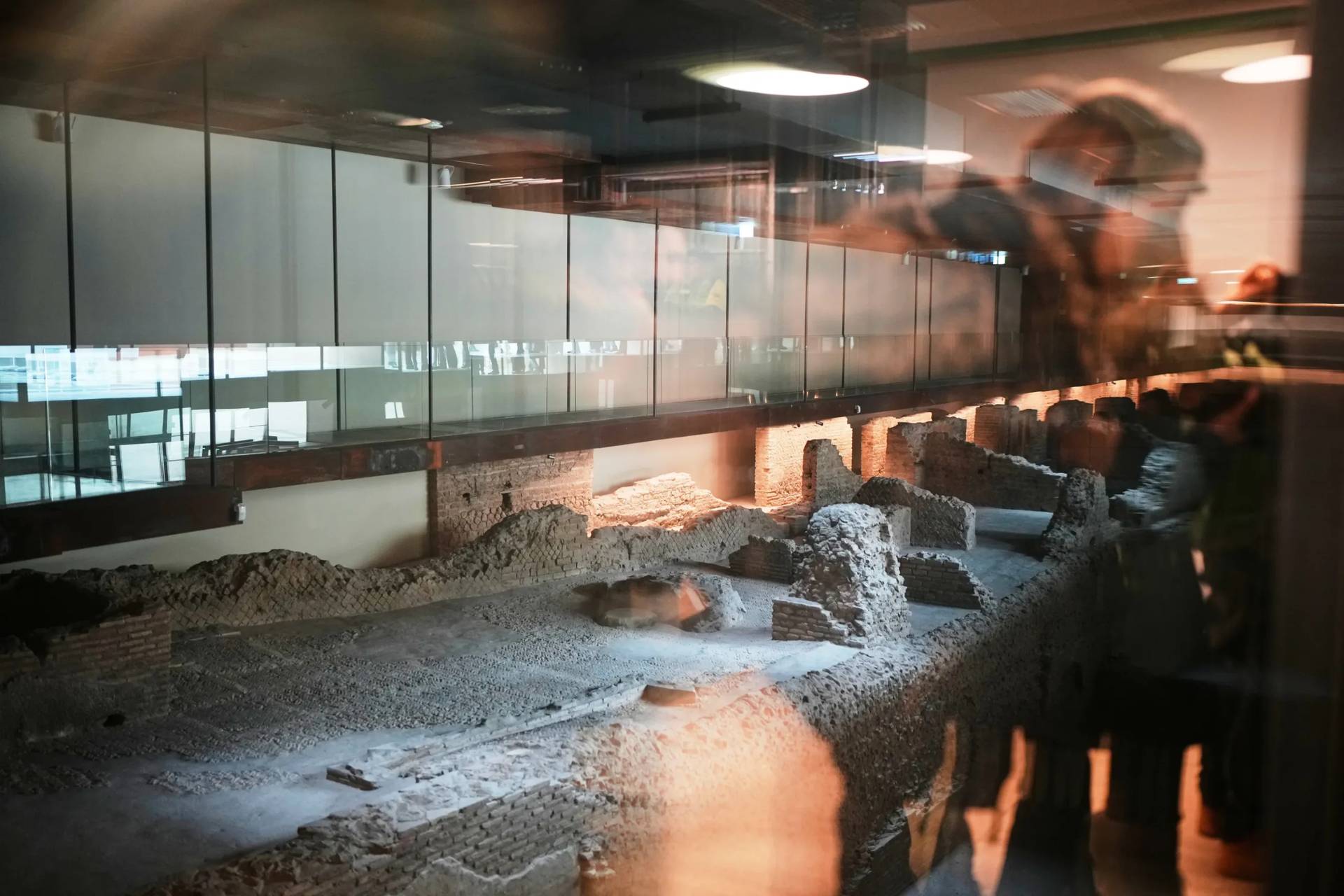ROME – During his four-day trip to Lithuania, Latvia and Estonia, Pope Francis repeatedly called for welcoming and openness toward immigrants and refugees, no doubt leaving some scratching their heads given that in the Baltics immigration is not really a hot-button issue.
What might have helped is if Francis had explained he was coming from and returning to Italy, where a new populist government has set out stringent new regulations to reduce the number of arrivals.
Just as the pope departed Sep. 22-25 for Northern Europe, the head of the Northern League populist party in Italy, Minister of the Interior Matteo Salvini, introduced legislation aimed at tightening border controls and deporting undocumented immigrants.
The new system adopted Sep. 24 brings in a sweeping overhaul of the procedures for asylum seekers wishing to come to Italy. A residency permit, necessary to remain on Italian soil, will no longer be available except in “special circumstances.”
The law also increases the amount of time refugees may spend in immigration centers and border hotspots, as well as the amount of money necessary to ask for residency or marriage licenses. In big cities, police officers will be allowed to use tasers against immigrants resisting arrest, and more funds will be devoted to the deportation of undocumented immigrants.
Most importantly, immigrants can now be expelled from Italy if they’re initially convicted of any crime committed in the first degree, even if they’re appealing and no investigation is being conducted. The number of reasons that could lead to cancellation of refugee status has also multiplied.
In light of these changes happening in the pope’s own backyard, Francis’s strong words in the Baltics are of greater significance.
The Virgin Mary stands close to those “who have been put on trial, condemned by all, deported,” the pope said during Mass in Latvia, warning against “ways of thinking that would have us be suspicious of others.”
Meanwhile, back in Italy, the Italian Church has taken to the front lines in objecting to the new legislative decree.
“We must not fall into the temptation of instrumentalizing fears or using fake promises for myopic electoral interest,” said Cardinal Gualtiero Bassetti of Perugia, head of the Italian bishops’ conference, (CEI) to local reporters.
Italy has been in the middle of an arm-wrestling match with the rest of Europe since Salvini closed ports to immigrant vessels traversing the dangerous crossing into Europe in June. During a UN general assembly, French President Emmanuel Macron spoke of a “political crisis” between Italy and its European partners.
“The repeal of the residency permits for humanitarian reasons and their reduction worries me,” Bassetti told local reporters after the bishops’ conference meeting, “because in this way we risk leading people to an uncertain future.”
The cardinal also objected to expulsion after the first degree of conviction.
“If that’s sufficient,” he said, “it seems to me that we are doing something that is not completely in line with the requirements of the constitution.”
“There is always a discrepancy” when speaking about immigration, the cardinal added. “No one can expect the Church to say the same thing that the sociologist or the politician says. We have another point of view, we are pastors, we are interested in solidarity and integration.”
Bassetti quoted Francis’s cautionary words on immigration, saying that welcome requires prudence and careful analysis on a place-to-place basis.
“But even the European Church recognizes that there is no alternative to a solidarity of welcoming and integration, even if there may be challenges,” Bassetti added.
The former Secretary General of CEI and the current President of the Administration of the Patrimony of the Holy See (APSA), Bishop Nunzio Galantino, also spoke in defense of immigrants and against the new legislation.
“The Italian situation is not so negative as to require a fire and brimstone approach,” he said, calling for “realism to stop deviant behaviors that don’t allow us to perceive a sense of reality.”
The reality of the immigration situation in Italy is detailed in the most recent Eurostat data, which shows that the number of asylum requests in Italy has diminished up to 60 percent annually. Spain and Greece instead have experienced an increase, with the majority of asylum seekers coming from Syria, Afghanistan and Iraq.
Galantino also admitted to having not had the chance to take a closer look at the decree, but said that any measure “depends on its objective,” meaning that the decree must be evaluated depending on whether it’s aimed toward “achieving the maximum profit from certain attitudes, or to render a service for people regardless of their condition or nationality.”
Salvini answered criticism from the Italian bishops during a press conference following a meeting in Tunisia.
“I’m glad that in the Vatican and elsewhere there are people concerned for immigrants in Italy, but my stipend is paid by 60 million Italians who want security,” he said.
“We want guarantees for people who flee real wars, but we also want to declare war on smugglers, Mafiosi and human traffickers. We have managed to reduce the number of undocumented migrants, bringing it down to 20,000 from the 100,000 of one year ago,” Salvini added.
Polls have consistently shown that a large share of Italians support Salvini’s tough stance, which some observers believe raises questions about the weight and influence of the Church today on the Italian peninsula.

















